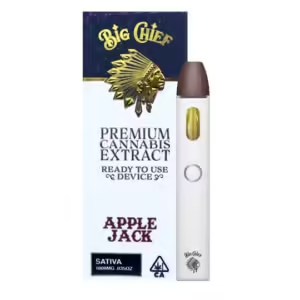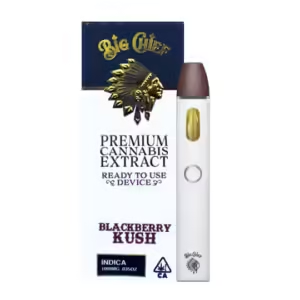Blog
Vaping has become a popular trend around the world, and Australia is no exception. From offering a more convenient and discreet alternative to smoking to providing a range of flavors and nicotine strengths, vaping has quickly earned its place in Australian culture. Whether you’re a seasoned vaper or new to the scene, this guide will explore everything you need to know about vapes in Australia, from current regulations to the best vape products on the market in 2024.
The Rise of Vaping in Australia
Over the past decade, vaping has surged in popularity as a smoking alternative. With increasing concerns over the health risks associated with traditional smoking, many Australians have turned to vapes as a less harmful option. Vaping allows users to inhale vaporized e-liquids, which often contain nicotine, flavoring, and a base of propylene glycol or vegetable glycerin.
While vaping is often seen as a less harmful alternative to smoking, it’s important to be informed about the legal landscape surrounding vapes in Australia.
Vape Regulations in Australia: What You Need to Know
Australia has a unique and somewhat complex set of regulations when it comes to vaping. Here’s a breakdown of the key laws:
1. Nicotine and E-Liquids
As of October 2021, Australian regulations state that nicotine e-liquids can only be imported for personal use with a valid prescription from a licensed doctor. This means that while vaping devices like pens and pods are widely available, obtaining nicotine e-liquid legally requires approval from a healthcare provider.
However, if you do not require nicotine, non-nicotine e-liquids are legal to purchase and use in Australia. Many vapers opt for nicotine-free juices that come in a variety of flavors and strengths.
2. Vaping Devices and Accessories
The sale of vaping devices (such as vape pens, mods, and tanks) is legal in most Australian states, but like e-liquids, devices must meet certain safety standards. It’s crucial to purchase products from reputable retailers to ensure you’re using high-quality and safe equipment.
3. Public Use and Restrictions
The use of vapes is subject to local laws and can vary from state to state. In general, vaping is prohibited in indoor public places and areas where smoking is restricted. It’s important to be aware of your local council’s rules on vaping to avoid fines or penalties.








